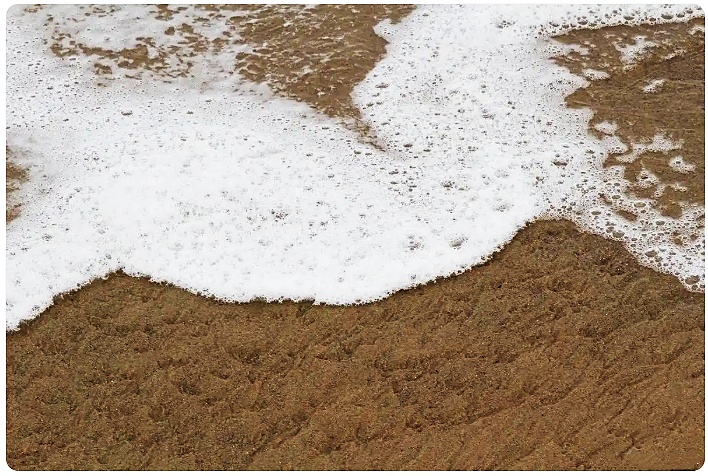What Are You Looking For?
Explore the key applications of defoamers in various industries
Jul 16, 20251. Introduction
In modern industrial production and daily life, seemingly light foam may have unexpected effects on the production process and product quality. Defoamers, this seemingly inconspicuous "small body", have a "big role" in solving foam problems.
Today, let's explore the key applications of defoamers in various industries.

2. Application of defoamers in the chemical industry
(I) Foam control during the reaction process
Many reaction processes in chemical production will produce foam, such as polymerization reactions, esterification reactions, etc. If these foams are not eliminated in time, they will affect the reaction rate and conversion rate, and may even cause the reaction to get out of control. The addition of defoamers can effectively control the generation of foam and ensure the smooth progress of the reaction. For example, in the production process of synthetic resins, defoamers can prevent foam from accumulating in the reactor and ensure the quality and output of the resin.
(II) Product separation and purification
In the separation and purification of chemical products, foam can also cause trouble. For example, in distillation operations, foam may cause flooding and affect the separation effect. The use of defoamers can reduce the stability of foam, enable liquids to separate smoothly, and improve the purity and yield of products.
3. Application of defoamers in the food industry
(I) Foam elimination in food processing
The generation of foam is a common problem in food processing. For example, in the process of bread baking, the stirring of dough will produce a lot of foam, which will affect the volume and texture of bread if not controlled. The appropriate use of defoamers can eliminate these foams, making bread making smoother and more delicate. In beverage production, defoamers can also prevent filling difficulties and poor taste caused by excessive foam.
(II) Food preservation and storage
Some foods will also produce foam during storage due to the action of microorganisms or other reasons, which will not only affect the appearance of food, but also may cause food deterioration. Defoamers can inhibit the generation of foam to a certain extent and extend the shelf life and storage time of food. For example, in the storage of dairy products, defoamers can prevent excessive foam on the surface of products such as yogurt and maintain the stability and quality of the product.
4. Application of defoamers in the pharmaceutical industry
(I) Foam control in the process of drug fermentation
The microbial fermentation process in the pharmaceutical industry is one of the important links in drug production, and a large amount of foam is often generated during the fermentation process. These foams not only affect the transfer of oxygen and the exchange of nutrients, but may also cause problems such as contamination, affecting the quality and yield of fermentation. The rational application of defoamers can effectively control foam and provide a good environment for the growth of microorganisms and the synthesis of drugs.
(II) Foam elimination in pharmaceutical preparations
In the process of pharmaceutical preparations, such as the preparation of injections and oral liquids, the presence of foam may affect the dosage accuracy and filling efficiency of drugs. The use of defoamers can ensure the quality of pharmaceutical preparations and the smooth progress of production. At the same time, for some special drugs, it is also necessary to select defoamers that meet pharmaceutical standards to ensure the safety and effectiveness of drugs.
5. Application of defoamers in other industries
(I) Papermaking industry
In the papermaking industry, foam is generated in the washing, screening and papermaking processes of pulp. Foam will affect the quality and production efficiency of paper, such as causing holes and broken ends in paper. The use of defoaming agents can effectively control foam, improve the smoothness, strength and uniformity of paper, and reduce production costs.
(II) Washing industry
During the use of detergents, the generation of foam is inevitable. However, too much foam may affect the washing effect and easily overflow in the washing machine, causing waste and difficulty in cleaning. Therefore, an appropriate amount of defoaming agent is added to some detergents to control the generation of foam and improve washing efficiency.
(III) Construction industry
During the mixing and construction of concrete, foam problems will also occur. Foam will reduce the strength and durability of concrete and affect the quality of construction. The addition of defoaming agents can reduce the foam in concrete, improve the performance and quality of concrete, and ensure the safety and reliability of buildings.
Conclusion
With the continuous development of science and technology and the continuous improvement of product quality requirements in various industries, the application field of defoaming agents will continue to expand, and their performance will continue to be optimized and innovated. We believe that in future development, defoaming agents will continue to bring more surprises and convenience to the development of various industries.